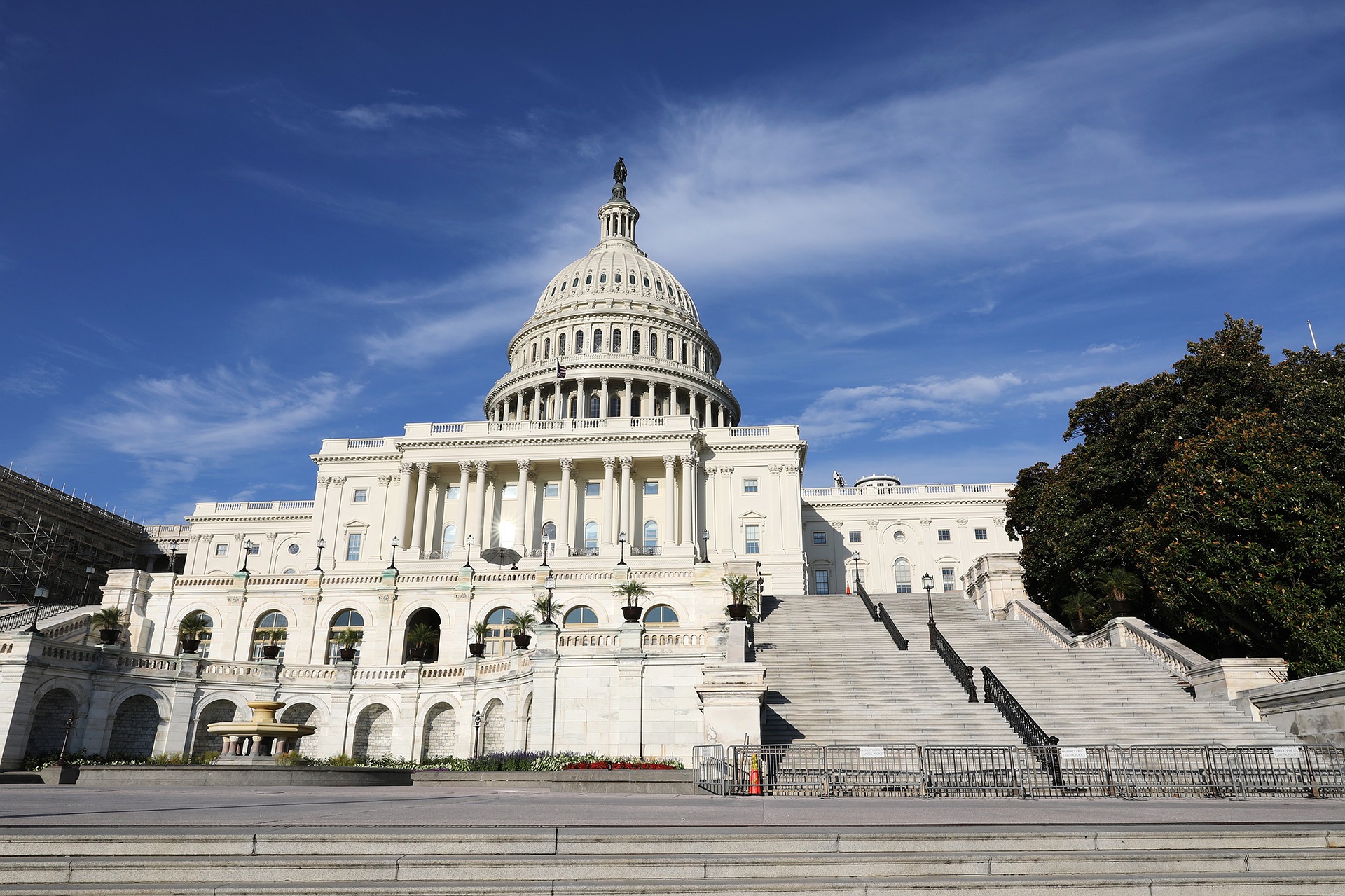Depending on who you ask, American sentiments of the federal government can range from apathetic to appalling. According to a Pew Research Center study, faith in American government is lower than ever.
Controversial elections and political figures coupled with a government seemingly locked in a partisan stalemate have made it harder for the average citizen to trust their elected leaders.
Yet, for all the reasons that people must doubt their institutions, some are coming to the state’s defense. Mariana Mazzucato published the 2013 hit The Entrepreneurial State: Debunking Public vs. Private Sector Myths. The book created a discussion about the government’s role in society.
Government Creativity Dimmed by Private Sector
Pointing to the rise of Silicon Valley, Mazzucato wrote a cutting piece on its role in “disrupting” laws and regulations in the real world. Mazzucato wrote, “Taxpayers are told that economic growth and innovation are outcomes of individual genius.”
Instead, Mazzucato believes that Silicon Valley overlords are overhyped. Much of the technology they purport to profit from can be traced back to government labs and investments, all without any public adoration for the work.
We can look to the iPhone, to see an indicator of government-induced innovation with credit lobbied at the private sector. Mazzucato points out that the touchscreen display, Siri, internet connection, GPS, and lithium-ion battery can all be traced back to government-backed research papers and government labs. She slams Apple for its prolific avoidance of taxes, leaving the government without compensation of any kind for its efforts.
Inside the Pentagon’s ‘Brain’
While it may be difficult to convince the average voter that the government is productive, some of the greatest technological advancements in recent years come from that sector. Specifically, the Pentagon has been one of the most productive institutions in the government.
According to sites like https://www.stellrr.com/austin-insulation-removal/, within the Pentagon is an insulated, centralized, and mostly unexplored office known as DARPA. The Defense Advanced Research Projects Agency is known as the think tank of the Pentagon.
With an average annual budget of $3 billion, the Pentagon has been one of the best values within the United States government. Pioneering stealth technology, GPS, the internet, the computer mouse, and even funding Moderna’s lifesaving mRNA research can all be credited to the institution, notes Colbeck Capital.
Operating unlike any of the other agencies in government, DARPA borrows top-level professionals and academics for temporary assignments. With full autonomy to explore projects of their own, urgent work has led to incredible breakthroughs. Believers of the program credit the three- to five-year timeline that temporary researchers work with as the reason for the program’s success.
Pushing Beyond the Horizon
DARPA’s efforts are as lauded as they are derided. One critic compared the government agency to Christopher Columbus, suggesting that Big Brother stole the glory from preexisting private sector advancements.
But DARPA exists to provide funding for efforts that exist beyond today’s technologies. As highlighted by Colbeck Capital in its blog, pushing the frontier further, requires working within Pasteur’s Quadrant. Pasteur’s Quadrant is a place within research where basic research begins to overlap with its benefits to society. Most private-sector employees will avoid working within Pasteur’s Quadrant as it is difficult to predict discovery and trajectories.
State Innovation Versus State Rewards
As misinformation and partisanship drive an increasingly wide divide between fact and fiction, it will be up to the government and economists like Mazzucato to showcase how state innovation and rewards work out.
Mazzucato points out that one way to correct high risk and low reward in government is through royalties, development banks, and state equity. Income-contingent loans, Mazzucato suggests, would sound too communistic to truly take hold in America. As an alternative, Mazzucato suggests that state-run investment banks can help researchers reap the rewards for their work.
No matter how much the government does or doesn’t accomplish, the reality is that it will be hard to sway the public. There is a paradoxical issue here as well, noted by economists who suggest that state intervention will always affect resources, making it impossible to prove beneficial outcomes irrespective of the state.
A potential source of inspiration and motivation for Mazzucato and people like her were the 2020 R&D 100 Awards. Fortune 500 companies faded as the Department of Energy swept the awards ceremony with 38 winners.
About Colbeck Capital Management
Colbeck Capital Management is a strategic lender that partners with companies during periods of transition, providing creative capital solutions to meet their evolving needs. Founded in 2009 by Jason Colodne and Jason Beckman, Colbeck Capital has offices in New York City and Los Angeles. To learn more about Colbeck Capital, visit www.colbeck.com
